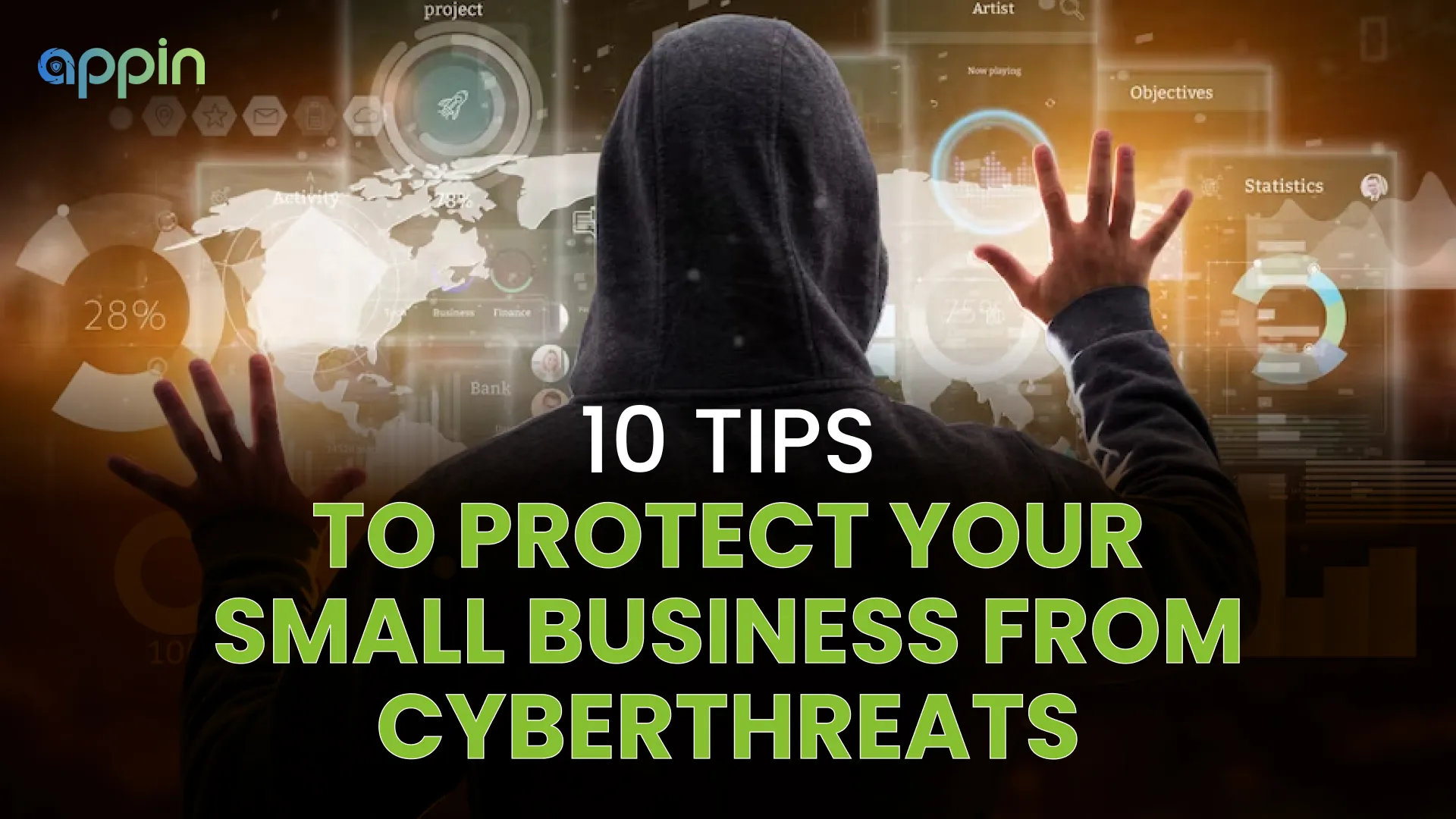Whether it’s confidential emails or critical data, all of the most important information for an organization has migrated to the cyber world. Today, it’s essential to protect your company’s cyberspace from cyber threats just as you would invest in physical security for your office premises. And if you think your company or organization is too small to be a target for cybercriminals, think again. More than 43% of cyber attacks are on small businesses and a whopping 60% of small companies have actually gone out of business within just six months of a cyber attack.
If those statistics scare you, they should. But take heart because we’ve collected ten of the best tips on how to protect your small business against a cyber attack, from some of the best ethical hacking training institute instructors themselves!
Tip #1: Train your employees
Charity begins at home and cyber security for businesses begins with your employees. You need to train your staff to be able to recognize suspicious behaviour, emails or apps and updates they may receive. They should also be knowledgeable about how to secure their own and your company’s data. The best way to do this is to arrange regular cybersecurity workshops held by professionals from a reputed ethical hacking institute or agency.
Tip #2: Set up a strong internet firewall and anti-malware software
You may already know about firewalls, they have become so ubiquitous as cybersecurity measures. But did you also know that it is equally as important to put robust anti-malware software in place? According to research, 53% of all cyberattacks in the UAE were malware infections. That’s definitely something you want to protect yourself from.
Tip #3: Assess risks and identify threats
Before you start putting measures in place to protect your organization against cyber threats you need to conduct a risk assessment exercise. You’ll need the help of a professional for this, preferably someone with experience and expert credentials like a certified ethical hacking course. They will help you by checking how your systems are vulnerable and all the possible threats that you can be subject to.
Tip #4: Secure your Wi-Fi
This seems to be common sense, but you’d be shocked at how many small businesses tend to be laid back about their Wi-Fi security. Make sure you have a good security measure in place as a lot of sensitive information is shared on your organization’s wi-fi network.
Tip #5: Secure your hardware
Always secure your hardware such as devices like laptops, desktops, tablets, and mobile phones so that in the event of an attack or theft, you will be able to access the device and either lock it or wipe its memory clean. Device penetration is one of the core modules of any ethical hacking training course so you can find qualified experts who have done such a course to help you to secure your hardware.
Tip #6: Update your software
Along with securing your hardware, one of the best ways to secure your software is to make sure you update it on a regular basis. Most software companies release updates with new and improved security patches to keep out the latest wave of common viruses and protect you from hackers. Not updating your software then makes you vulnerable to many threats.
Tip #7: Limit Access
While your company culture may promote a flat organizational structure, in the best interest of your cybersecurity, it is important that access is limited on the basis of roles within the organization. Access to confidential information should only be given to those who are authorized and everyone should have individual accounts with varying levels of access. This helps prevent data leaks and increases accountability. A certified ethical hacking course graduate will be able to help you with the same.
Tip #8: Signoff for security
Speaking of company culture, it is best to implement a strong sign-off policy for every employee. When they leave their devices unattended or are done for the day, they should all sign off so that snooping eyes and hands cannot access sensitive information through their devices.
Tip #9: Change passwords regularly
Like the wifi, this is another no-brainer, but even a small slip-up such as using the same passwords for too long, writing down passwords, or sharing passwords casually with colleagues or unauthorized personnel can seriously jeopardize your cybersecurity measures.
Tip #10: Conduct regular audits
Cybercriminals and malicious hackers are constantly finding new ways to break into your systems and hold your data to ransom or worse. In order to be one step ahead of them, you need to audit your security measures regularly. A professional who has graduated from an ethical hacking training institute will be able to help you to cover your bases and stay secure.
We hope these tips will help you to keep your small business safe from cyber threats. If you need any assistance, you can reach out to any ethical hacking training institute for references of reputed cybersecurity experts in your area.


